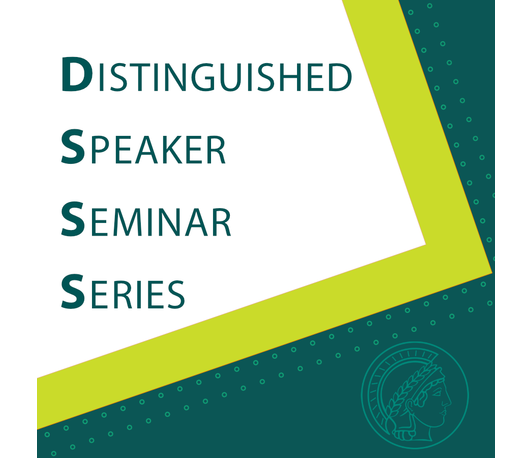DSSS - Symbioses in the microbial world from the origin of eukaryotes to the functioning of ecosystems
DSSS
- Datum: 31.01.2025
- Uhrzeit: 15:00 - 16:00
- Vortragende: Associate Professor Anna Karnkowska
- Institute of Evolutionary Biology, University of Warsaw
- Ort: NO.002, MPI für Intelligente Systeme
- Rubrik: Gesprächs- und Diskussionsformate, Vorträge

The
"living of unlike organisms" - is one of the most fascinating
interactions in nature. Symbioses include relationships between organisms that
are beneficial to both partners, as well as relationships between parasites and
their hosts. In each case, the symbiosis affects the underlying biology of the
parties involved, as in the iconic relationship between corals and algae.
Symbioses between unicellular organisms are no less spectacular and of crucial
importance for the evolution of life on earth and the functioning of
ecosystems. Endosymbiosis is a special case of symbiosis in which one partner
lives in the cells of the other. It is one of the most important driving forces
of eukaryotic evolution, which led to the emergence of mitochondria and
plastids. Since mitochondria and plastids evolved a long time ago, we do not
know the intermediate stages and have no direct insight into the process of
endosymbiosis. Therefore, we are exploring the diversity of more recent
endosymbioses of microbial eukaryotes (protists), where we can identify
intermediate stages that may shed new light on the establishment of
endosymbiosis. Diverse endosymbioses of microbial eukaryotes and prokaryotes
may also alter the metabolic capacities of the partners and enable them to
thrive in new ecological niches, e.g. in anaerobic environments. In my talk, I
will explore the fascinating world of microbial eukaryotes and their
endosymbionts. I will show how their interactions have changed life on Earth
and shaped the functioning of ecosystems. I will also present our recent
findings on the diversity of protist endosymbionts and insights into the
endosymbiotic process.